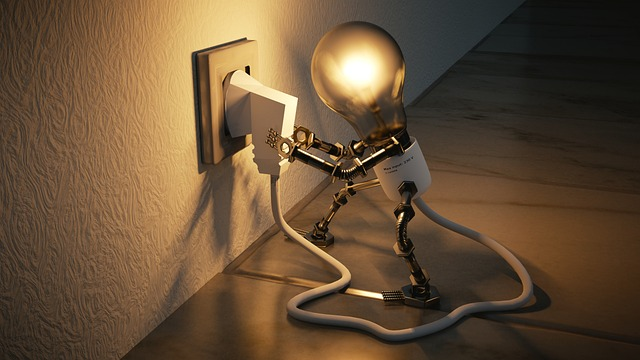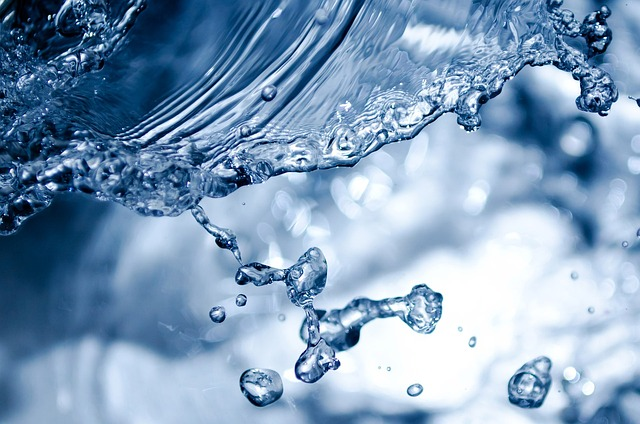Utility bills are an inevitable part of life, but that doesn’t mean they have to break the bank. With some simple changes and strategic planning, you can save money on your family’s utility bills without sacrificing comfort or convenience. In this article, we’ll explore practical ways to reduce your energy consumption, lower your water usage, and ultimately, save money on your monthly bills.

Tips on Lowering Your Electric, Gas & Water Utility Bill
Energy conservation is key when it comes to saving money on your family’s utility bills. By being more mindful of your electricity and gas usage, you can significantly reduce your monthly expenses. Here are some tips to help you conserve energy and reduce electric bill:
1. Switch to Energy-Efficient Light Bulbs
One of the easiest ways to save on electricity is by replacing your old incandescent light bulbs with energy-efficient alternatives, such as compact fluorescent lights (CFLs) or light-emitting diode (LED) bulbs. These energy-saving bulbs use up to 80% less energy and last much longer than traditional bulbs, meaning you’ll save money on both your energy bill and replacement costs.

2. Unplug Electronics When Not in Use
Even when turned off, many electronics still consume “phantom” energy. To prevent this unnecessary energy usage, unplug chargers, appliances, and other electronics when they’re not in use. Alternatively, consider using power strips with built-in surge protection and an on/off switch, so you can easily disconnect multiple devices at once.
3. Install a Programmable Thermostat
A programmable thermostat allows you to set specific temperatures for different times of the day, helping you save on heating and cooling costs. For example, you can program the thermostat to lower the temperature while you’re at work or asleep and raise it before you return home or wake up. This way, your HVAC system won’t have to work as hard, reducing your energy consumption and saving you money.
4. Seal Windows and Doors
Air leaks around windows and doors can cause drafts and force your heating and cooling system to work harder than necessary. To avoid this, use weatherstripping and caulk to seal any gaps or cracks. This will help keep your home’s temperature consistent and reduce your energy usage.
5. Use Appliances Efficiently
Appliances account for a significant portion of your home’s energy consumption, so using them efficiently can lead to substantial savings. Here are some tips for various appliances:
- Washing machine: Use cold water for laundry whenever possible and only run full loads. Consider air-drying clothes instead of using the dryer.
- Dishwasher: Run the dishwasher only when it’s full and use the energy-saving setting, if available. Allow dishes to air-dry rather than using the heated drying cycle.
- Refrigerator: Keep the refrigerator and freezer at their recommended temperatures (37°F to 40°F for the refrigerator and 0°F for the freezer). Regularly clean the coils to maintain optimal efficiency.

Water Conservation: Reducing Your Water Bill
Water conservation is another crucial aspect of saving money on utility bills. Here are some strategies to help you reduce your family’s water usage:
1. Install Low-Flow Fixtures
Low-flow faucets, showerheads, and toilets can significantly reduce your family’s water consumption without sacrificing performance. These fixtures use less water per minute than traditional models, helping you save on your water bill.
2. Repair Leaks Promptly
A dripping faucet or a running toilet can waste a surprising amount of water over time. Make sure to promptly repair any leaks in your home to prevent unnecessary water waste and high water bills.
3. Use Water-Saving Appliances
When it’s time to replace your washing machine or dishwasher, consider purchasing a water-efficient model. These appliances use less water than traditional models and can help you save on your water bill.
4. Collect Rainwater for Outdoor Use
Collecting rainwater in barrels or buckets is an eco-friendly way to water your plants and garden without using tap water. This can help reduce your water usage and lower your monthly water bill.
5. Practice Smart Irrigation
If you have a lawn or garden, be mindful of your watering practices. Water early in the morning or late in the evening when temperatures are cooler to minimize evaporation. Use a soaker hose or drip irrigation system instead of a sprinkler to deliver water directly to the roots, reducing waste.
Saving Money on Your Family’s Gas Bill
Natural gas is commonly used for heating, cooking, and water heating in many households. By being mindful of your gas consumption and making some strategic adjustments, you can save money on your family’s gas bill. Here are some tips to help you reduce your gas usage:
1. Insulate Your Home Properly
Proper insulation is essential for maintaining a comfortable temperature in your home and reducing your reliance on your gas heating system. Make sure your home has adequate insulation in the walls, attic, and basement or crawl spaces. This will help keep your home warm in the winter and cool in the summer, lowering your gas consumption.
2. Use Energy-Efficient Appliances
When it’s time to replace your gas appliances, such as your furnace, water heater, or stove, consider purchasing energy-efficient models. These appliances are designed to use less gas while providing the same level of performance as traditional models. Look for appliances with the ENERGY STAR label, which indicates that they meet strict energy efficiency guidelines set by the U.S. Environmental Protection Agency.
3. Maintain Your Furnace
Regular maintenance of your gas furnace is essential for ensuring optimal efficiency and reducing your gas consumption. Change your furnace filter every one to three months, depending on the type of filter and your household’s specific needs. Schedule a professional tune-up at least once a year to ensure your furnace is functioning efficiently and safely.
4. Install a Smart Thermostat
A smart thermostat can help you save money on your gas bill by learning your family’s schedule and preferences and automatically adjusting the temperature accordingly. You can also control a smart thermostat remotely using your smartphone, allowing you to make adjustments on-the-go and further optimize your energy usage.
5. Be Mindful of Your Water Heater Usage
Since your water heater likely uses natural gas, being conscious of your hot water usage can help reduce your gas bill. Try taking shorter showers, washing clothes in cold water, and using the energy-saving setting on your dishwasher. Additionally, consider lowering the temperature of your water heater to 120°F (49°C) to save energy without sacrificing comfort.
6. Cook Efficiently
Your gas stove can also contribute to your gas bill, so cooking efficiently can lead to savings. When using the stove, use the right-sized burner for your pots and pans to avoid wasting heat. Keep the lids on your pots to speed up cooking times and conserve energy. If possible, use a microwave or slow cooker instead of the stove, as they tend to be more energy-efficient.
By implementing these tips, you can reduce your family’s gas consumption and save money on your monthly gas bill. Combined with the strategies for conserving electricity and water, you’ll be well on your way to lowering your overall utility expenses and creating a more sustainable home environment.
Wrapping Up
Saving money on your family’s utility bills doesn’t have to be a daunting task. By making small changes in your daily habits and investing in energy-efficient upgrades, you can significantly reduce your energy and water consumption. Start implementing these tips today to enjoy lower utility bills and a more eco-friendly home.
Disclaimer: The information provided in this article is for educational purposes only and should not be considered financial advice. Please consult with a qualified financial professional for personalized guidance based on your specific circumstances.




